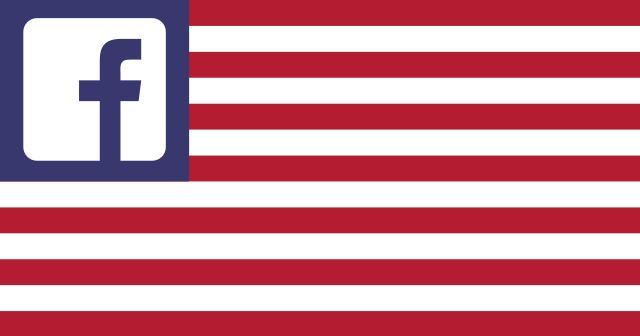
Yes, this is for real.
As if all of the censoring, Covid misinformation and political vitriol on Facebook wasn’t already enough to make you hide from it, they’ve added a new offering to their services that might eventually drive more users away. Collections.
Last week, Facebook announced a new plan to help small businesses collect on unpaid invoices that it will launch in October. As odd as it seems, it makes one wonder if perhaps Facebook is setting up for an eventual entry into consumer debt collections as well. Afterall, who would do a better job of keeping tabs on debtors than the world’s largest social media website?
Facebook Invoice Fast Track was launched last week offering an upfront payment of past due invoices minus a 1% fee. Pretty attractive on the surface, but there is a catch. To qualify, your business must be amongst those that are certified as belonging to one of their specific focus businesses.
“This program will be available to U.S. for-profit companies that are certified as majority-owned, operated and controlled by racial or ethnic minorities, women, U.S. military veterans, LGBTQ+ people or individuals with disabilities,” according to the program’s website. “Companies must be certified by an approved partner organization. Generally, eligible companies must also have invoices with corporate or government customers that have an investment-grade rating.”
Since they’ve right out of the gate disqualified a large segment of US businesses through this focused criteria, the question lies, is this serious?
All of this coincides with the implementation of Reg. F, which will allow collectors to make contact with borrowers via social media effective November 30. Considering that eligible companies must have invoices with corporate or government customers that have an investment-grade rating, that window of opportunity for small businesses just got tighter. These are not likely entities or businesses that are very active on Facebook.
Regardless, Facebook does appear to be at very least making overtures suggesting that they are attracted to this market, and despite their current narrow parameters, who would have a better handle on social media collections than them should they expand into consumer collections?
According to Facebook, about 60% of small businesses indicated they have had some form of financial difficulty paying their expenses, including making loan payments, rent, and employee wages.
“Facebook is in the business of small business,” wrote Chief Operating Officer Sheryl Sandberg. “More than 200 million businesses use our apps every month to create virtual storefronts and reach customers — with millions using our tools to help them make the transition online since the start of the pandemic. Whatever challenges they face, Facebook will continue to do all we can to help them find success online.”
While Facebook’s intentions appear small business focused, the target debtors they would have to collect from; “companies must also have invoices with corporate or government customers that have an investment-grade rating.” is a debt pool not likely to be one that social media will be very helpful in collecting on.
This begs the question, is this a publicity stunt or is this a beta program for something bigger in the future. Time will tell, but it’ll be interesting to see what effect it has on their users once word gets out.










